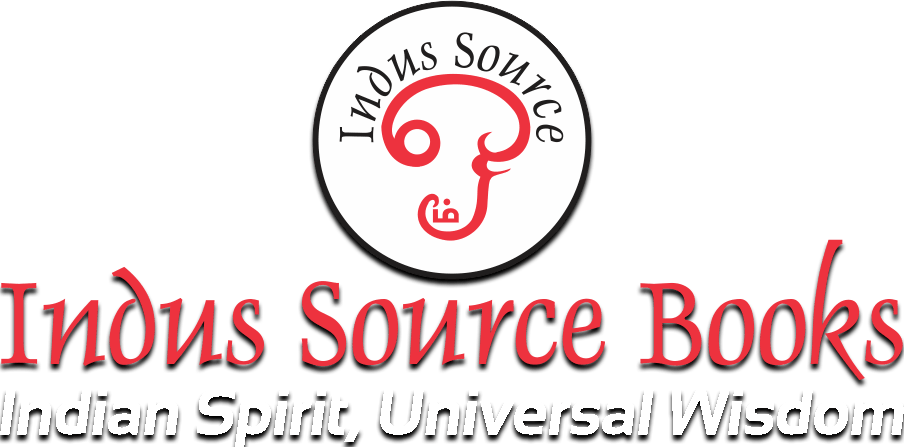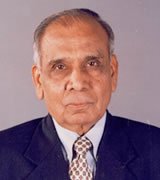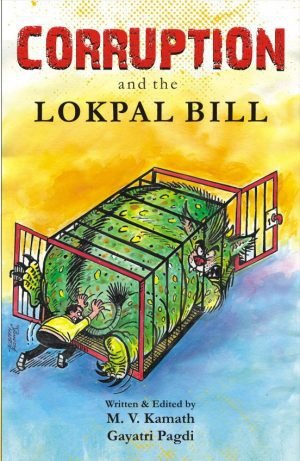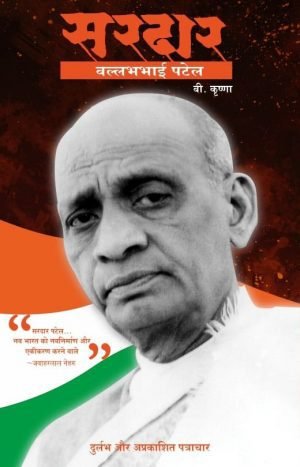Abraham Lincoln defined democracy as “Government of the people, by the people, for the people.”
Jawaharlal Nehru, a great democrat, wrote about the evolution of the Indian civilisation: “The central idea of old Indian or Indo-Aryan culture was that of dharma which was something more than religion or creed. It was a conception of obligations to discharge of one’s duties to oneself and to others.” This, in a way, defines the essential democratic spirit of India. Great empires like that of the Mauryas (324 BC–300 BC) are proof that India had a well-developed system of governance which kept the welfare of the people in mind.
Since Independence, Indian democracy has survived despite dilemmas and pressures. Never before in history and nowhere else in the world has one-sixth of the human race existed as a single free nation. This book examines the state of India’s democracy in the context of the vision of its founding fathers, its Constitution, and its political history.







